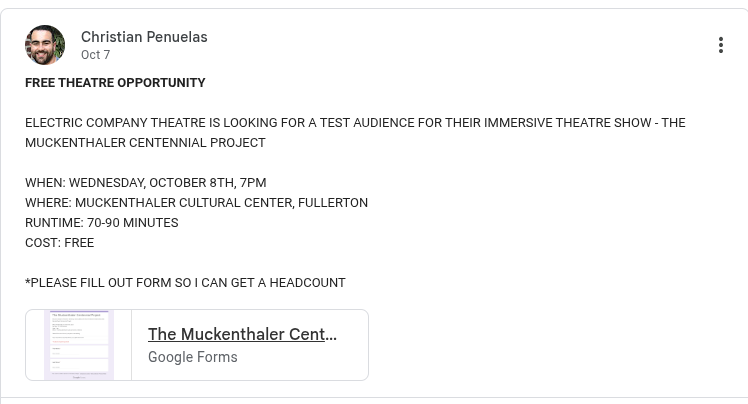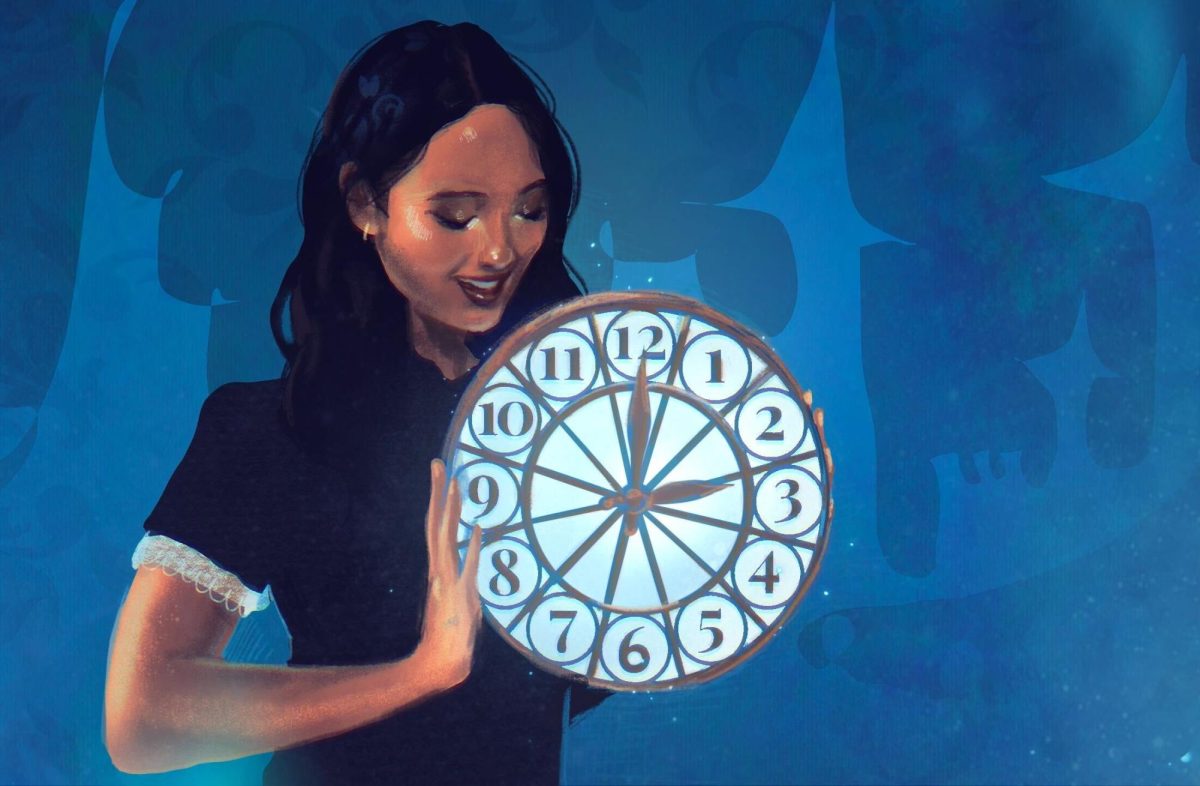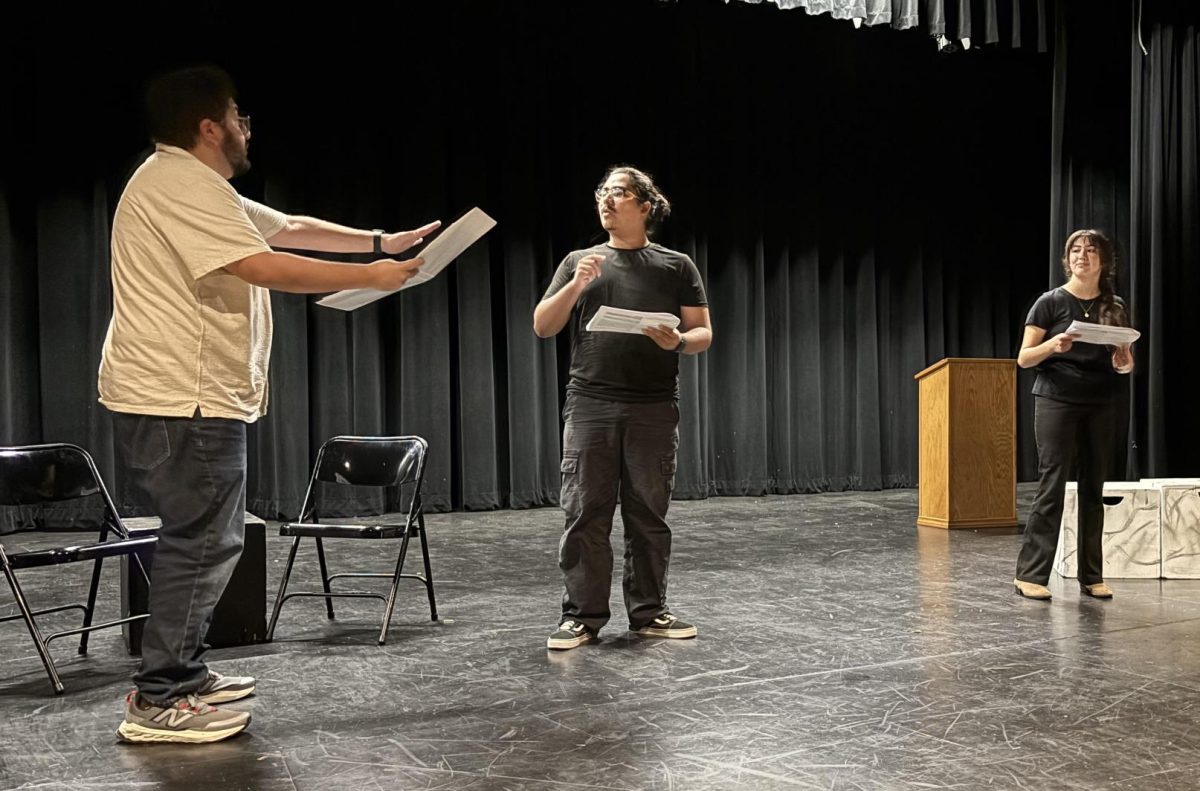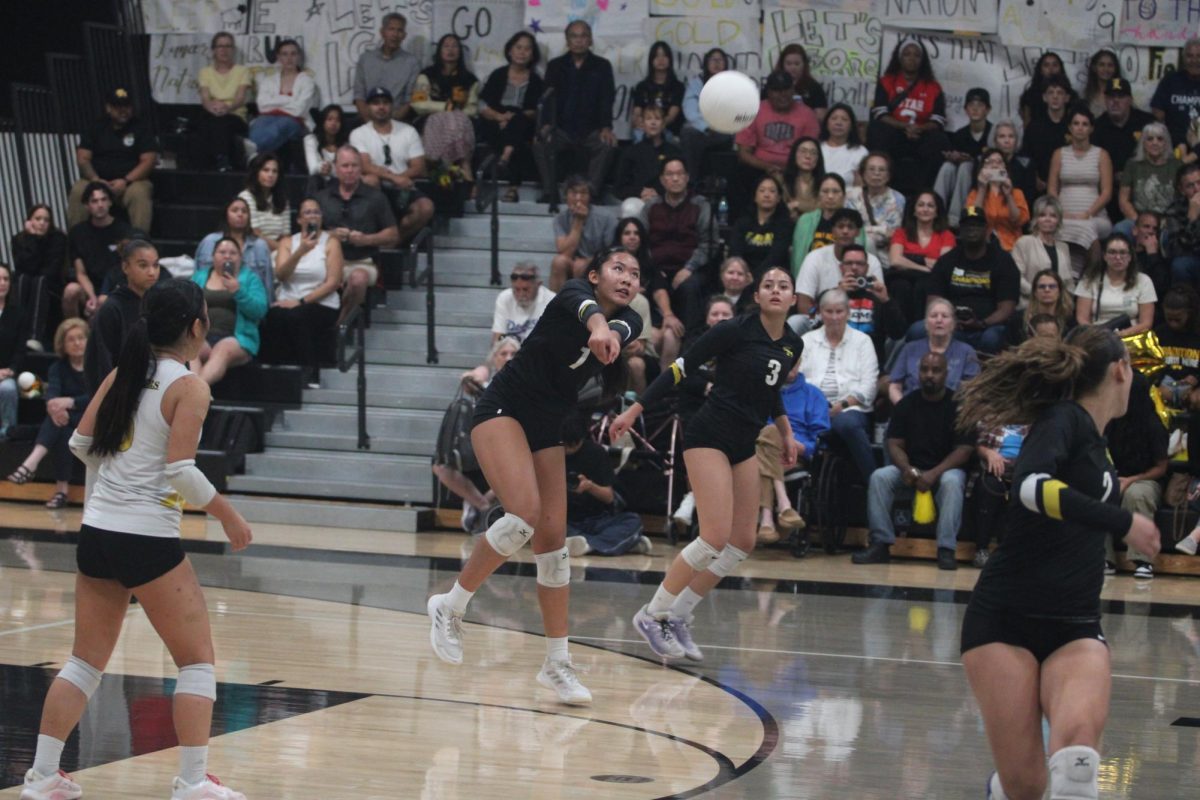PRO: Later start time says goodnight to groggy students
May 16, 2023
Listening to a Biology Honors lecture detailing the structure of nucleotides proves impracticable for zero period students at 7:27 a.m., especially after just a few hours of sleep.
Yet, picturing the exact routine half an hour earlier at 6:57 a.m., like the zero period students once did before the Senate Bill 328, automatically induces a dizzying headache.
According to a September 2020 article by the American Academy of Sleep Medicine, students should receive 8-10 hours of sleep every day. However, club volleyball has delayed the time I complete my homework, forcing me to go to bed at 10 p.m. and often later — one hour less than the recommended window.
With zero period beginning at 7:27 a.m. and first period beginning at 8:30 a.m., I can’t imagine waking up earlier to go to school because I know I wouldn’t be as alert or receptive to new information throughout the first few classes of the day.
After a year of later school start times, the mandate proves that it has done exactly what it promised — allow students to start their days more productively.
Studying later in the morning boosts my concentration as our body clocks run 2-4 hours behind those of adults, according to an April 2021 Ra Optics article. To illustrate, if adults are hypothetically attentive for zero period at 7:27 a.m., then students will be at peak levels of productivity at 9:27 a.m.
Being productive means the ability to absorb information.
I’ve found that the earlier it is in the morning, the harder it is for me to retain information. All of it would just settle in my brain as a jumbled mess, and my grades and ability to preserve information would also be just that.
Critics of the 2022-2023 bell schedule may argue that the 8:30 a.m. start time does not promote academic efficiency. They might believe that teens get more time in the afternoon to study if school begins at 8 a.m. and don’t see how the new start time will increase students’ sleep time.
Instead, they criticize the late start saying that it affects all after-school activities, specifically sports, because it gets too dark as times move later.
However, a 30-minute difference in start times doesn’t affect student-athletes’ practices much, mainly because students often play outdoor sports with access to street lamps and other light sources. Furthermore, when daylight saving time comes around, the late start does not effect students who practice until 8 p.m.
Thinking about the benefits to teens, a little darkness while playing sports seems like a minute issue.
In addition, I found it difficult for me to sleep at an earlier time even with the absence of homework.
With distractions such as the internet, I’ve found it difficult to go to bed early and control my time on devices, especially when I finish homework early. Thus, even if school ended 30 minutes earlier during the 2021-2022 school year, I predict I would still go to bed at similar times and get less sleep.
Studies have shown that it isn’t just me who can’t go to bed early.
Biological shifts in the production of melatonin, a sleep hormone, scientifically make teens inclined to stay up later, according to a Feb. 23 Child Mind Institute article. These uneven developmental changes in our bodies along with the temptations of social media and entertainment apps on my phone create a recipe for disaster.
These obstacles result in a failure to sleep eight hours every night.
The 8:30 a.m. start time ensures at least a little extra sleep for me and other teens in California, which can lessen our chances of sleep deficiency that result in chronic health problems, including heart disease, kidney disease and high blood pressure.
Thanks to the new start time, I can say goodbye to sleepless nights and say good morning to focused learning sessions.












